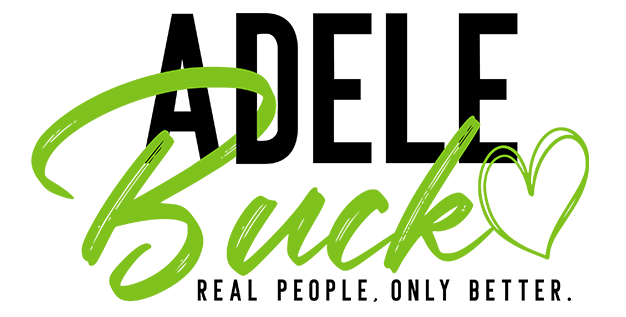Occasionally, I find it is useful to point people to the text of the letter I wrote to the Office of Copyright in response to their request for comment on AI. So. Here it is:
I am a librarian and an author and I vigorously oppose so-called “artificial intelligence.” It is artificial, but it is not intelligent. It cannot learn, only parrot what humans have created with a gloss of sophistication granted by an algorithm.
Some people argue that because the tool is responding to a human’s input, there is enough human activity and involvement to justify a copyright. I disagree. In my role as a librarian, if I craft a tightly-worded keyword search and put it into a database, that does not mean I have any intellectual property rights over the material I find. I see such prompts as far more akin to a database search than a creative act.
And what is this database? It is a trove created by theft of creative work by technologists who don’t know how to create something that moves people, but only know how to exploit technology and other people’s creative output. Consider the large amount of copyrighted material that these Large Language Models have already ingested without compensation, permission, or even the knowledge of the copyright holder. This sort of “ask forgiveness rather than permission” activity is underhanded and should not be permitted to go forward, let alone rewarded. The companies creating these repositories have the resources to create an opt-in process, and should be expected to do so.
The Constitutional purpose of copyright is “to promote the progress of science and useful arts.” This does not promote the arts, useful or otherwise and it arguably can set science back, given the way it has already become a vector not just for the dissemination but the creation of disinformation. In my job as a librarian, I have experimented with ChatGPT and found that it is as likely to misinform as it is to inform. However, all too many people are not information literate and will see such a tool as authoritative.
In short, I entirely oppose the granting of copyright to users of AI tools and encourage the Copyright Office to look into restricting—or better yet, banning—the wholesale, uncompensated use of copyrighted material to “train” such tools.
Bonus content! Courtney Milan gave me feedback on the letter and this was redacted from the final text:
I refer to it as so-called because, while it is artificial, it is definitely not intelligent as most people would define the term. Rather, it is a glorified, upgraded version of Clippy, the annoying virtual assistant who would pop up in old versions of Microsoft Word, observing, “You seem to be writing a letter, can I help?” the moment you typed in a date. It cannot learn, only parrot what humans have created with a gloss of sophistication granted by an algorithm. It’s a Furby with a passable command of grammar.
